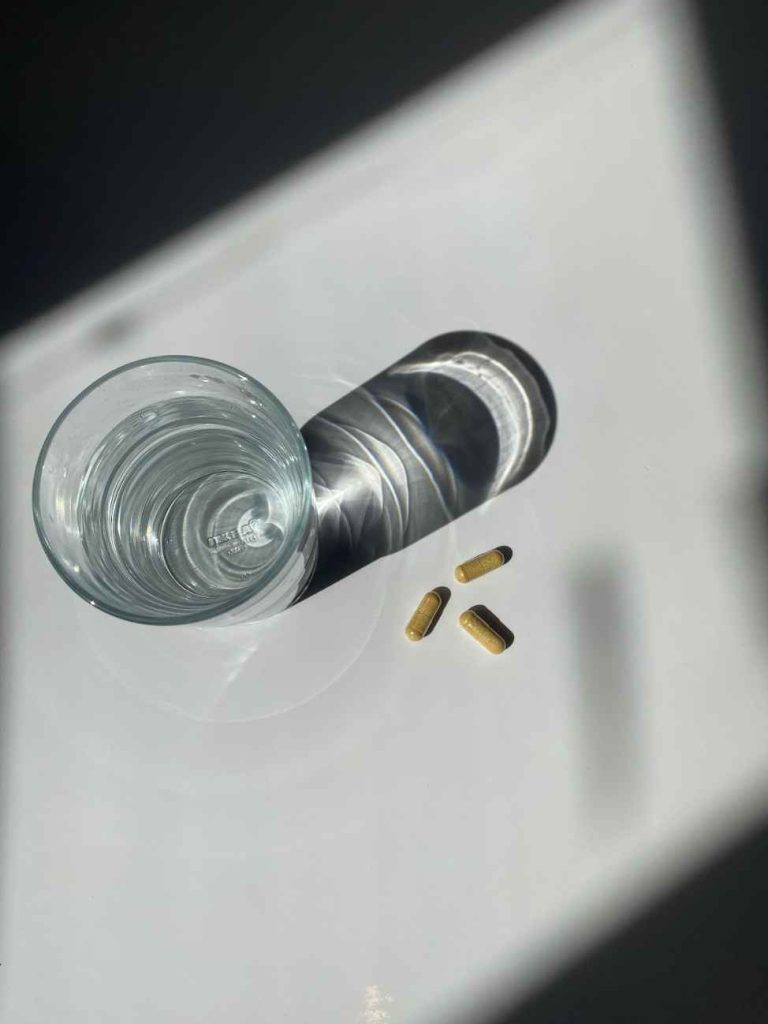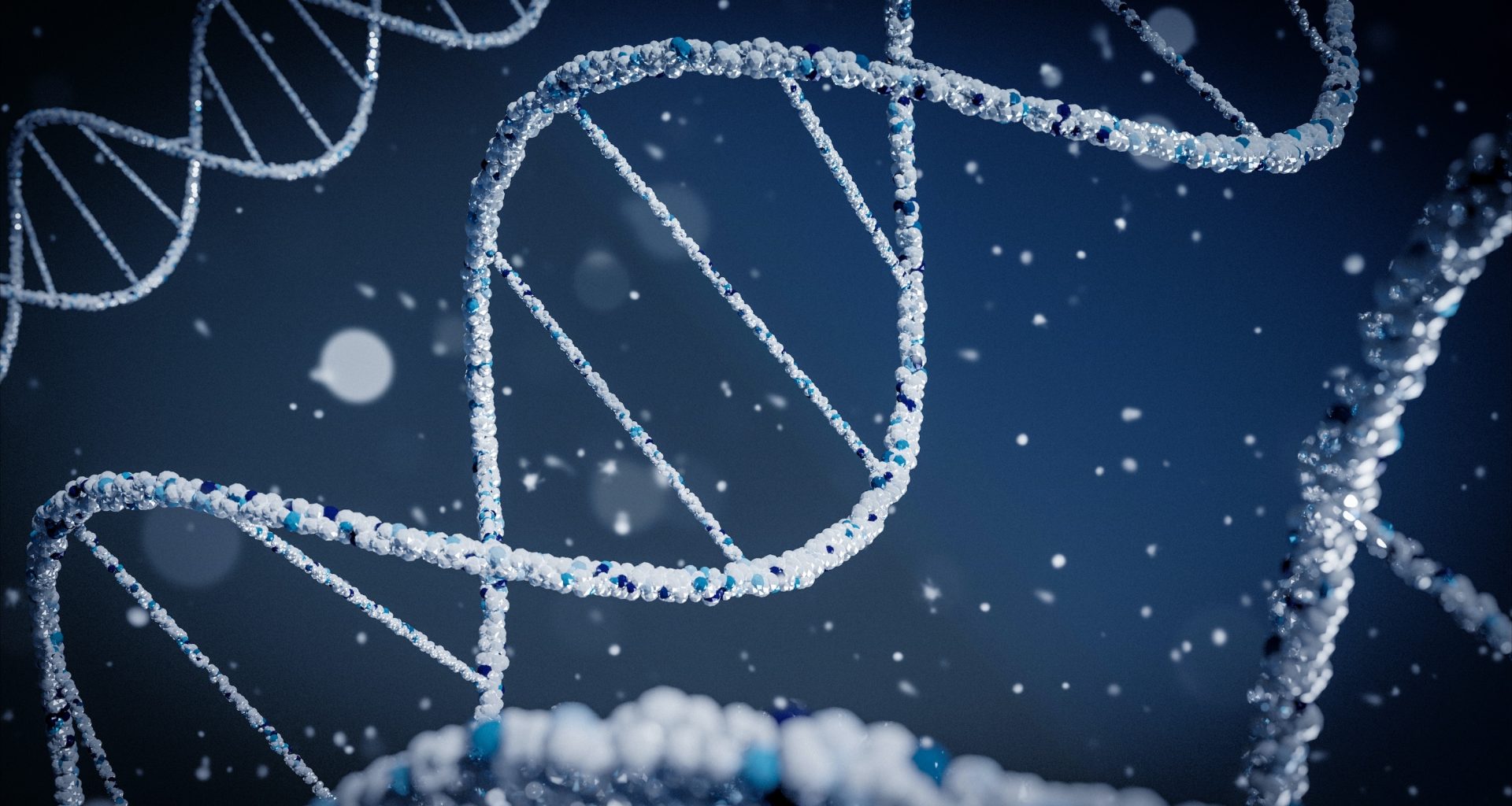We live in a world where there’s contradicting information on every single topic within the wellness world. First we’re eating 6 small meals a day and then we’re intuitively fasting and skipping breakfast all together. When did health become so confusing and when did we stop listening to our bodies and put our health in the hands of trends?
Don’t get us wrong, there’s a lot of valuable information out there and we love nothing more than diving head first into the latest trend. The problem arises when we forget to look at the big picture—when we hone in a one-size fits all band-aid solution to remedy a myriad of symptoms without focusing on what makes us unique. What works for some, may not work for others and this is where nutrigenomics comes in.
First, let’s take a look at what nutrigenomics is…
Essentially, it is the relationship between our diet and our genes. The Human Genome Project was completed in 2003, and this was the project that took a deep dive into what genes are and how they express themselves in the human body. Up to 99% of our DNA is similar to that of our fellow human counterparts and the rest is what’s called SNPs (Single Nucleotide Polymorphisms). This is where we can find how external factors influence our DNA and what diseases we may be more prone to.
We know that our DNA makes us unique—our height, hair colour and eye colour all come down to our genetic makeup, but researchers were able to tap into 20,500 different genes to see how each of them performs in the human body. This is the backbone of nutrigenomics and the groundbreaking information that opened the doors to reveal how large of an influence nutrition has on our genes.
How can you use nutrigenomics to optimize your health…
Now that scientists have deeper knowledge about 20,500 different genes, we can begin to use this as a roadmap to optimize our health. Nutrients influence genes and genes tell our cells what to do and when to do it. Genes make proteins in our body and the proteins help to orchestrate everything from digestion to immune function and all things in between.
Stress, pollution and oxidative stress can all have a negative impact on how our genes perform, much like nutrients can enhance their performance. That’s not to say our genetic makeup changes, but our genetic expression will shift based on our environment and diet. The proteins they create and functions those proteins perform will be altered. Since we can also be carriers of certain genes (i.e. more genetically prone to Alzheimer’s, heart disease, stroke, or sickle cell anemia to name a few), once we know which genes we carry, we can use exercise, supplementation and nutrition to improve the efficacy of our DNA.
It’s fairly easy to deduce that in order to support our overall wellbeing we need to eat well, exercise and limit toxins, and while all this absolutely true, nutrigenomics goes a little bit deeper than that by helping you to tap into your fullest health potential. By finding out what lies within the SNP portion of our DNA, we can find out which foods, nutrients and minerals will affect which genes. We can also find out which form of exercise may support us best.
First, let’s chat about the MTHFR gene
This is something we get asked about quite often, so we’re going to break it down here. The MTHFR gene controls a process in our bodies called methylation. Methylation is used in every single cell of our body. Since it’s used throughout the body it’s responsible for so many functions like liver detoxification, processing neurotransmitters, getting rid of old hormones and changing the proteins created by our DNA.
Homocysteine, an amino acid found in the body, is also processed out by methylation. When there is a variation in this gene, we may not be as good as eliminating excess homocysteine. The problem with elevated homocysteine levels is that it can lead to strokes, dementia, Alzheimers, heart attacks, cancer, depression or anxiety.
Once you know if you have a variation of MTHFR, you can supplement according. Typically a variety of B vitamins and cofactors are recommended to help the methylation process along.
Exercise

Picture this: your friend is raving about how much they love their new HIIT classes, the rush, the intensity level and burst of energy post session. You give it a whirl, but you’re left feeling fatigued, drained and depleted. External forces play just as much of a role in your genetic expression as food and supplementation. Since exercise can be taxing on the body, it can also influence how your DNA functions, which is why some workouts work for some and not for others.
Creating a solid foundation to support your sessions will also help to reduce the amount of stress on the body from more intense sessions. Using diet and supplementation to ensure you’re hitting your target nutrient levels will anchor your practice and give you the energy and metabolic stability to perform at your best.
Supplementation

The genes that we carry will also determine how each vitamin is used within the body—it determines how much we use, how much we need, and also where we may need more (i.e. a VDR gene indicating that we need significantly more vitamin D). Nutrigenomics helps us to view nutrients and supplementation through a lens of innovation, creating a supplement routine that’s rooted in personalization.
In a perfect world, we’d also be eating all organic, unprocessed, whole foods within season, but we know life isn’t always perfect, nor do we want it to be! Supplements help to fill the gaps within your diet and adding antioxidants can also help to protect against the free radicals that may shift your genetic expression. It helps you to hit your daily targets and nutrient goals. This may lead to more energy, improved digestion and better sleep.
Nutrition

The same analogy we used for exercise is the exact same analogy we’d use here, but in an attempt to keep this short and sweet—you may not thrive on the same diet as a friend of yours. This again, ties into your genetic makeup and optimizing its expression. Your diet is where the bulk of your nutrients will come from. Once you know what your body needs based on your genes, you can alter your diet to hit your goals and use supplementation to fill the gaps.
So what’s the one conclusion that we can bring this to? Health is not a one size fits all approach. While on the surface we know staying active, supplementing and eating well will support our overall well-being, we can absolutely take this further and build a wellness routine based on our own DNA.


